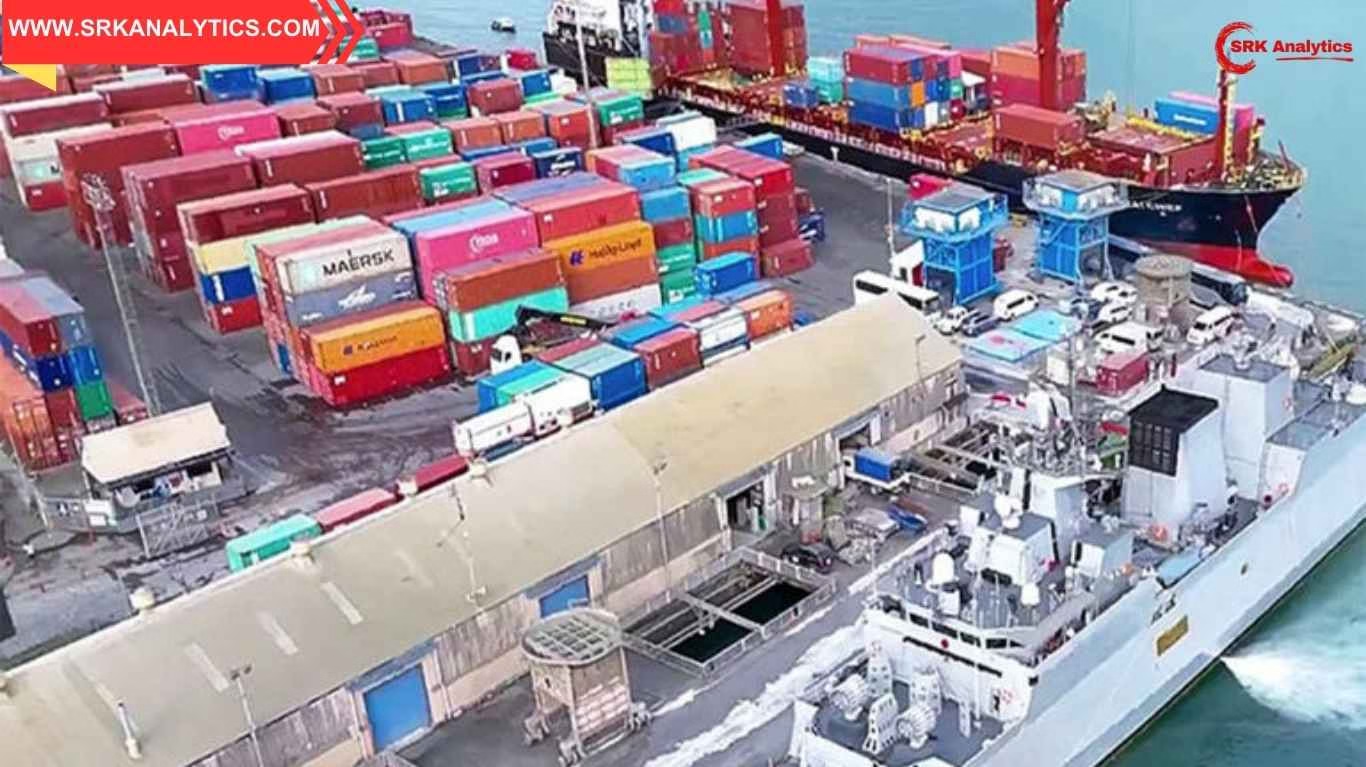Kolkata, July 7, 2025:
Leading battery and energy storage solutions major Exide Industries Ltd has filed its quarterly share dematerialization compliance certificate with the exchanges for Q1 FY26, reaffirming its commitment to regulatory adherence and transparency towards shareholders.
What is the compliance certificate?
Under Regulation 74(5) of SEBI (Depositories and Participants) Regulations, 2018, listed companies must submit a compliance certificate each quarter confirming:
- Timely dematerialization of shares received from shareholders for transfer or transmission.
- No physical security certificates remain pending for dematerialization as on the last day of the quarter.
- Updates have been appropriately communicated to the depositories, National Securities Depository Limited (NSDL) and Central Depository Services (India) Limited (CDSL).
Key highlights of Exide Industries’ filing
In its regulatory filing for Q1 FY26 (April – June 2025):
- The company certified that all physical share certificates lodged for transfer, sub-division, consolidation, renewal, exchange, or endorsement of calls/allotment monies were processed and returned within the prescribed timelines.
- There were no requests pending for dematerialization as of June 30, 2025, indicating efficiency in shareholder servicing.
- The compliance certificate was signed by its Compliance Officer and the Registrar & Share Transfer Agent (RTA), Link Intime India Pvt Ltd, and filed with both NSE and BSE as per SEBI norms.
Why is dematerialization compliance important?
With SEBI mandating the dematerialization of all listed company shares, the compliance ensures:
- Ease of share transfers for investors, preventing delays in demat credits.
- Enhanced security, reducing risks of loss, theft, or forgery of physical certificates.
- Alignment with the SEBI drive towards 100% dematerialized market infrastructure for transparency, efficiency, and investor protection.
Exide Industries: Recent financial performance
Exide Industries remains India’s largest automotive and industrial battery manufacturer. Its Q4 FY25 results showcased resilient performance despite input cost pressures.
| Particulars (Consolidated) | Q4 FY25 | Q4 FY24 | % Change YoY |
|---|---|---|---|
| Revenue (Rs crore) | 4,010 | 3,780 | +6.1% |
| EBITDA (Rs crore) | 460 | 428 | +7.4% |
| Net Profit (Rs crore) | 300 | 272 | +10.3% |
| EBITDA Margin (%) | 11.5 | 11.3 | +20 bps |
Analysts expect Q1 FY26 numbers to reflect stable growth in the automotive battery segment and higher traction in industrial and solar battery verticals.
Recent strategic developments
In FY25, Exide Industries advanced multiple strategic initiatives:
- Progress in its lithium-ion battery gigafactory project in Karnataka, with phase-1 expected to commence commercial operations by Q3 FY26.
- Expansion of industrial battery capacity by 15% to cater to telecom, UPS, and renewable energy sectors.
- Strong OEM partnerships with major automotive manufacturers to supply advanced VRLA and AGM batteries for premium vehicles.
- Continued focus on its Exide Care digital platform, which has improved customer servicing and replacement lead times by nearly 20%.
Shareholding pattern as on March 31, 2025
| Category | Holding (%) |
|---|---|
| Promoters | 46.7 |
| FIIs | 18.9 |
| DIIs | 20.8 |
| Public & Retail | 13.6 |
Market reaction
Exide Industries shares traded flat on NSE on Monday post the filing, reflecting that the dematerialization compliance update is a routine regulatory disclosure rather than a market-moving event. The stock closed at Rs 320, with analysts maintaining a positive outlook.
Analyst perspectives
Kotak Institutional Equities analyst Rachit Jain noted:
“Timely dematerialization compliance builds investor confidence, especially in legacy companies where a portion of shares may remain in physical mode. Operationally, Exide’s EV battery strategy remains the medium-term value unlock trigger.”
Importance for shareholders
For investors holding Exide shares in physical form, dematerialization is mandatory for transfer, sale, or transmission. The process includes:
- Opening a demat account with a registered DP.
- Filling a dematerialization request form (DRF) and submitting it along with physical certificates to the DP.
- DP forwards to the RTA and company for verification.
- Post-approval, shares are credited to the investor’s demat account within 15 days as per SEBI regulations.
Exide’s Q1 FY26 compliance certificate confirms that it has no delays or pendency in these processes, ensuring operational efficiency and SEBI compliance hygiene.
Future outlook
Key growth drivers for Exide Industries in FY26 include:
- Commercial launch of lithium-ion cells and battery packs to cater to India’s emerging EV market.
- Possible strategic tie-ups with global technology partners for solid-state battery research.
- Expansion of its solar battery market share leveraging India’s rooftop solar mission.
- Incremental market share gains in the inverter battery and UPS battery segments as residential and commercial power backup demand rises.
Conclusion
While the dematerialization compliance certificate filing is a routine statutory requirement, it reinforces Exide Industries’ commitment to robust governance, regulatory adherence, and investor servicing standards.
Disclaimer: This news article is for informational purposes only. Investing in stocks involves market risks. Readers are advised to consult their financial advisor before making any investment decisions based on this update.












перепланировка услуги http://www.soglasovanie-pereplanirovki-kvartiry3.ru .
перепланировка в москве перепланировка в москве .